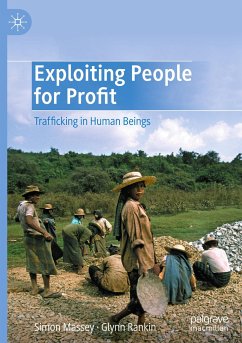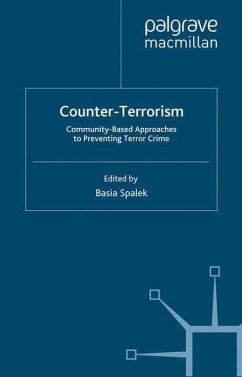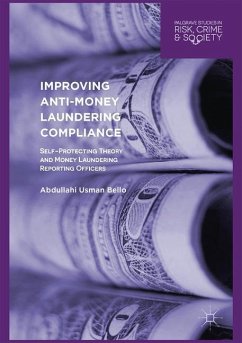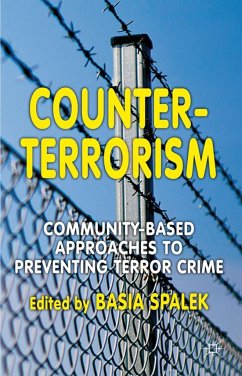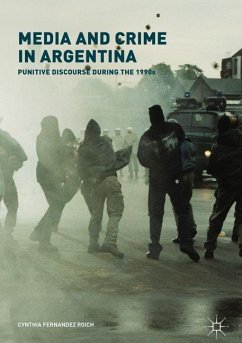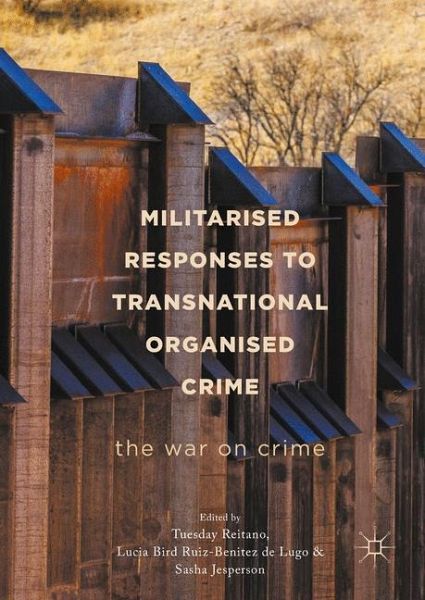
Militarised Responses to Transnational Organised Crime
The War on Crime
Herausgegeben: Reitano, Tuesday; Jesperson, Sasha; Bird Ruiz-Benitez de Lugo, Lucia

PAYBACK Punkte
49 °P sammeln!
This edited volume examines the use of militarised responses to different forms of criminal activity, discussing the outcomes and unintended consequences. Politicians and policymakers frequently use militarised responses to look tough on crime. The deployment of armies, navies, military assets and militarised approaches can send a powerful message, but have produced mixed results. While they generate the perception that governments are actively engaged on issues of concern to the public, and in some cases have resulted in notable successes, on the downside they have frequently also increased t...
This edited volume examines the use of militarised responses to different forms of criminal activity, discussing the outcomes and unintended consequences. Politicians and policymakers frequently use militarised responses to look tough on crime. The deployment of armies, navies, military assets and militarised approaches can send a powerful message, but have produced mixed results. While they generate the perception that governments are actively engaged on issues of concern to the public, and in some cases have resulted in notable successes, on the downside they have frequently also increased the loss of life, exacerbated the humanitarian consequences of a particular crime and entrenched divides between security and state institutions and the criminal proponents, narrowing the possibilities for future negotiated solutions. By focusing on four different areas of criminality - wildlife crime, piracy, migration and drug trafficking - the book allows context and evidence-based conclusions to be drawn on the strategic value and commonality of responses and their outcomes.



